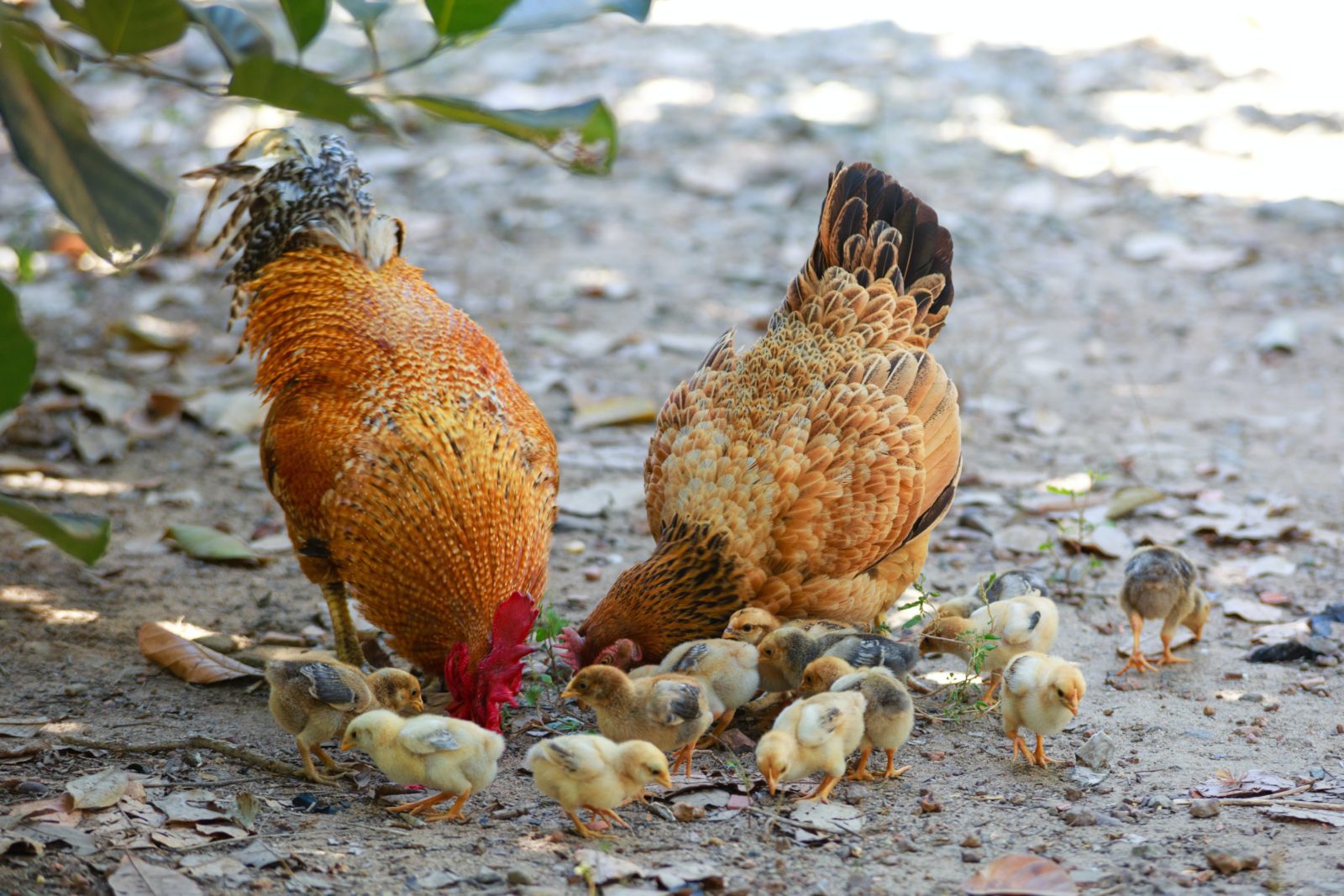The bird flu has returned to the Czech Republic after an eight-month hiatus. A new outbreak has been recorded among poultry in the Upper Slověnice region of České Budějovice. Veterinary testing at the Prague State Veterinary Institute confirmed the presence of the disease, but no restricted areas will be designated around the affected poultry farm.
The State Veterinary Administration spokesperson, Petr Vorlíček, shared the news of the outbreak, noting that the farmer from Upper Slověnice had a total of thirty hens and reported the death of ten of them. The institute in Prague confirmed the bird flu strain H5N1. “The hens were already showing clinical signs of the disease and a decrease in egg-laying at the time of inspection,” added Vorlíček.
The farmer has hens in a brick coop with a run, thus without direct contact with wild birds. However, the area has numerous ponds, home to many wild ducks.
The remaining poultry on the farm will be culled and disinfected by a professional company. The regional veterinary administration, like in the case of the last outbreak in Kladno the previous year, will take advantage of a recent change in European legislation. It will not define closed zones around the affected farm and will not announce extraordinary veterinary measures in them.
Zbyněk Semerád, the central director of the State Veterinary Administration, pointed out that the affected small poultry farm meets the conditions for using an exception. The main one is that the farmer does not market poultry or its products, so the risk of spreading the infection from the farm is minimal.
In conclusion, according to veterinarians, the primary preventive measure against bird flu is to keep poultry in closed facilities and prevent contact with wild birds. For farms where it is impossible to ensure placement in a secure facility, it is necessary to take measures that minimize the risks of water, feed, and litter contamination by the feces of wild birds.





